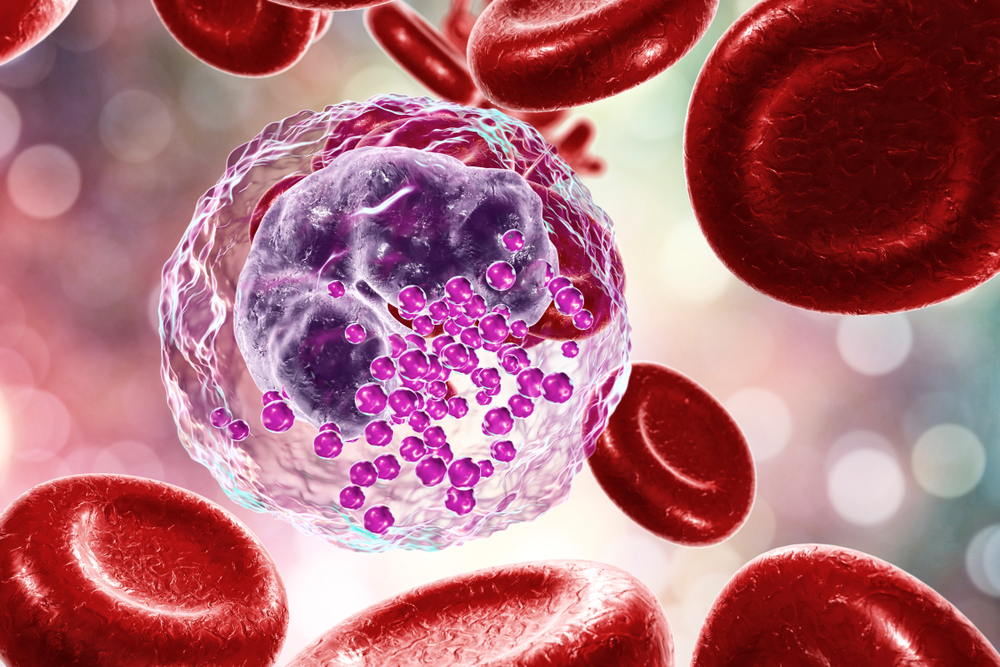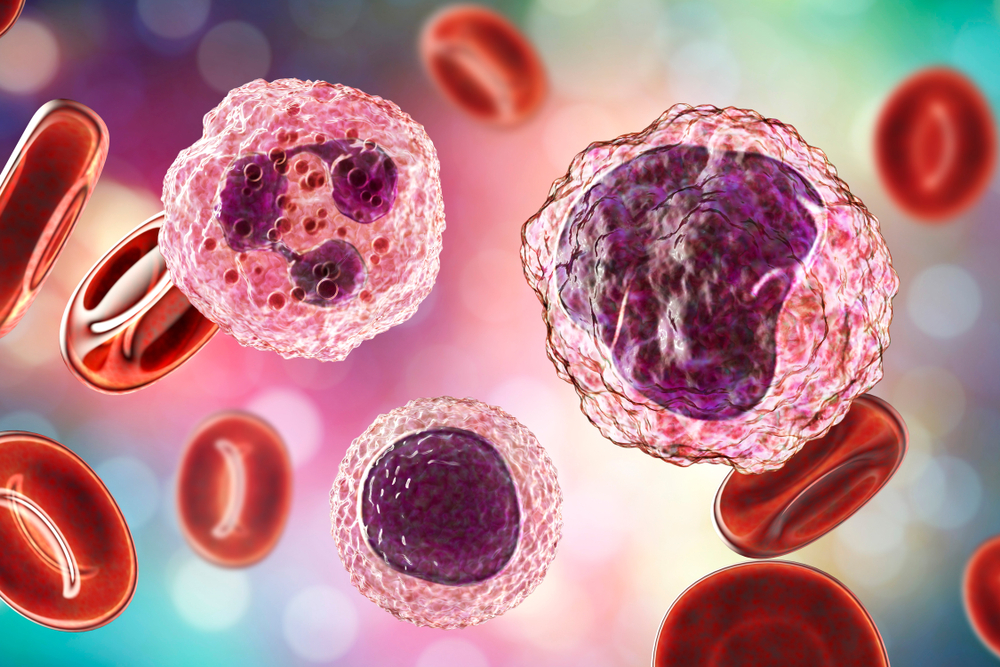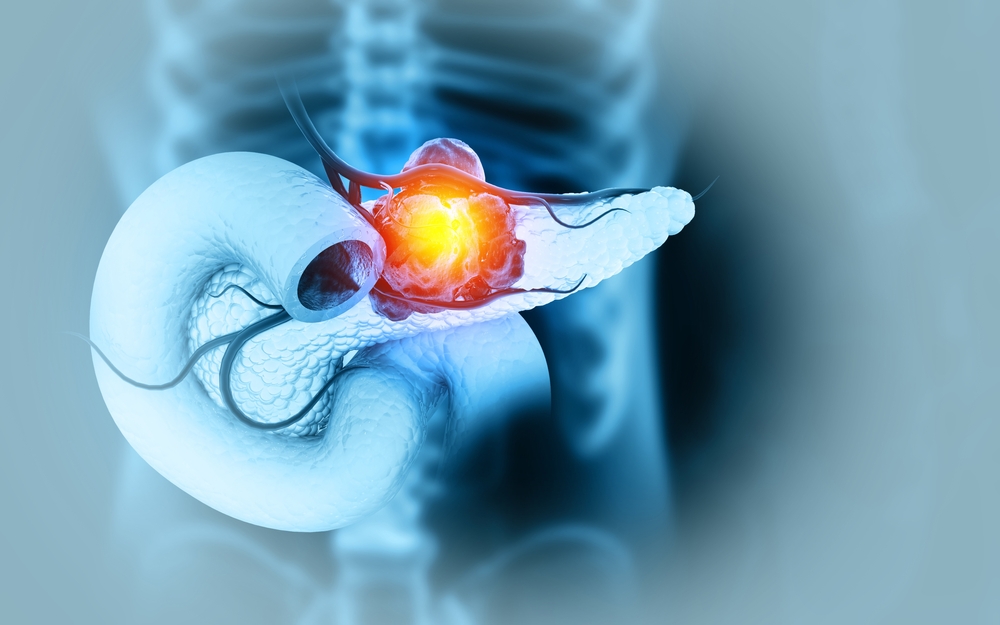More than 60% of the human body is water. Therefore, hydration is crucial to keep organs functioning properly, regulate body temperature, deliver nutrients to cells, prevent infections, and keep joints lubricated. Staying hydrated is even more important for seniors because several physiological changes occur, such as reduced body water content and increased fluid loss, as we age.
It is recommended that senior males should drink 2,500 mL (10 cups) of water per day while 2,000 mL (8 cups) of water should be consumed by senior females daily.
Dehydration occurs when we don’t drink enough fluids or take in less fluid than we lose. Signs of dehydration may include but are not limited to, fatigue, dizziness, confusion, dark-coloured urine, difficulty with mobility, and a dry mouth, lips, or eyes.
To keep you or your loved one hydrated, try making it an all-day event. Since seniors have a harder time drinking a full cup of water at a time, have something to drink with every meal, and always keep a drink with you. Alternatively, you can set alarms to remind you or your loved one to have a drink.
Water is the best way to stay hydrated because your body can benefit from it while not having to process additives, sugars, and other ingredients at the same time. However, drinking water can get boring. Consider drinking juice, milk, tea, or coffee or making a smoothie. Be aware that many juices and smoothies are high in sugar while caffeinated drinks such as tea or coffee may have a diuretic effect. There are also many foods with high water content such as cucumbers, watermelon, tomatoes, grapes, bell peppers, and oranges.
Experienced in-home caregivers, who can help and encourage you or your loved one to stay hydrated, can be booked using the Boom Health app. Check it out on the App Store or Google Play Store.
This article is not intended to be a substitute for professional medical advice or diagnosis. Always seek the advice of your physician or other qualified health provider with any questions you may have regarding a medical condition.





